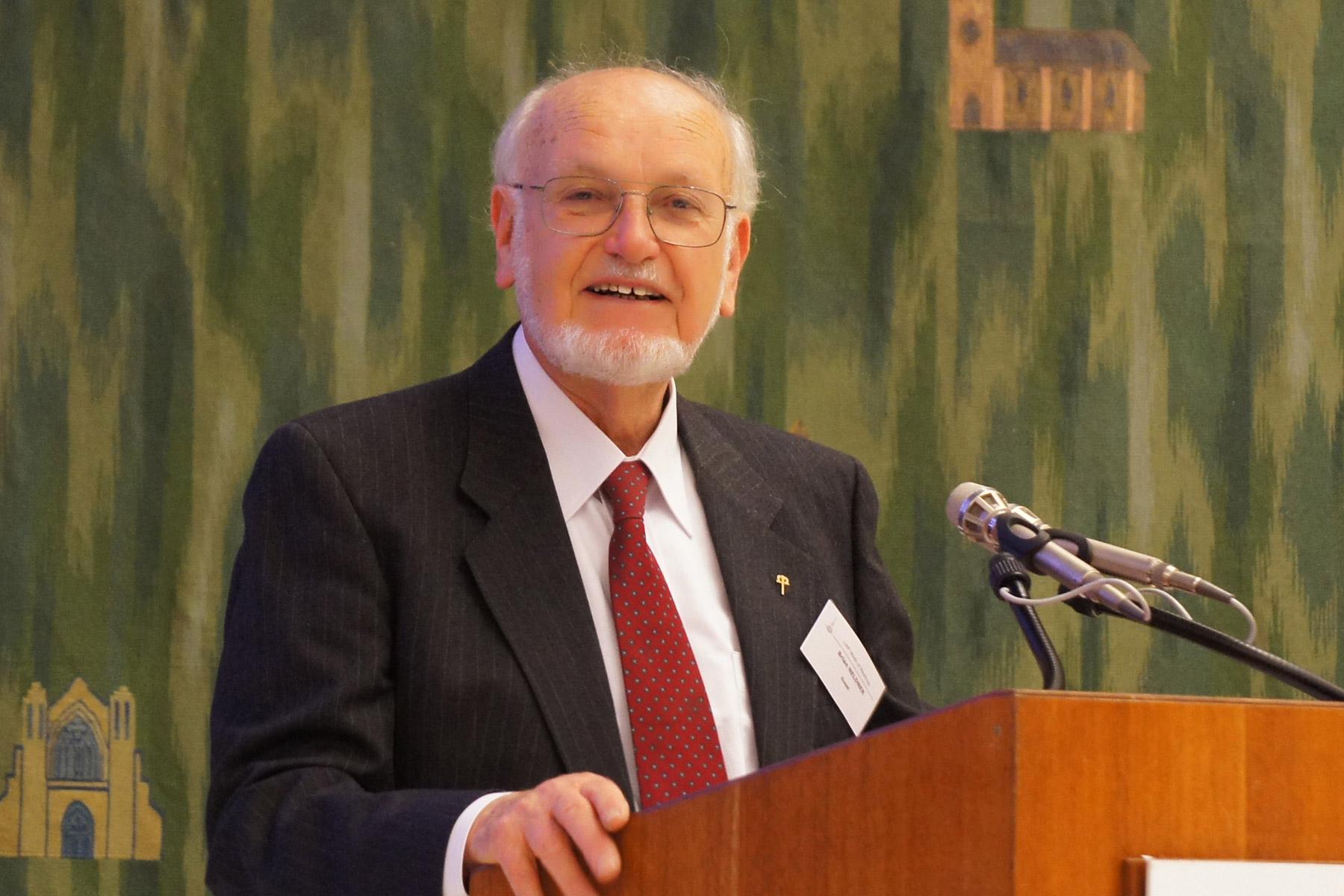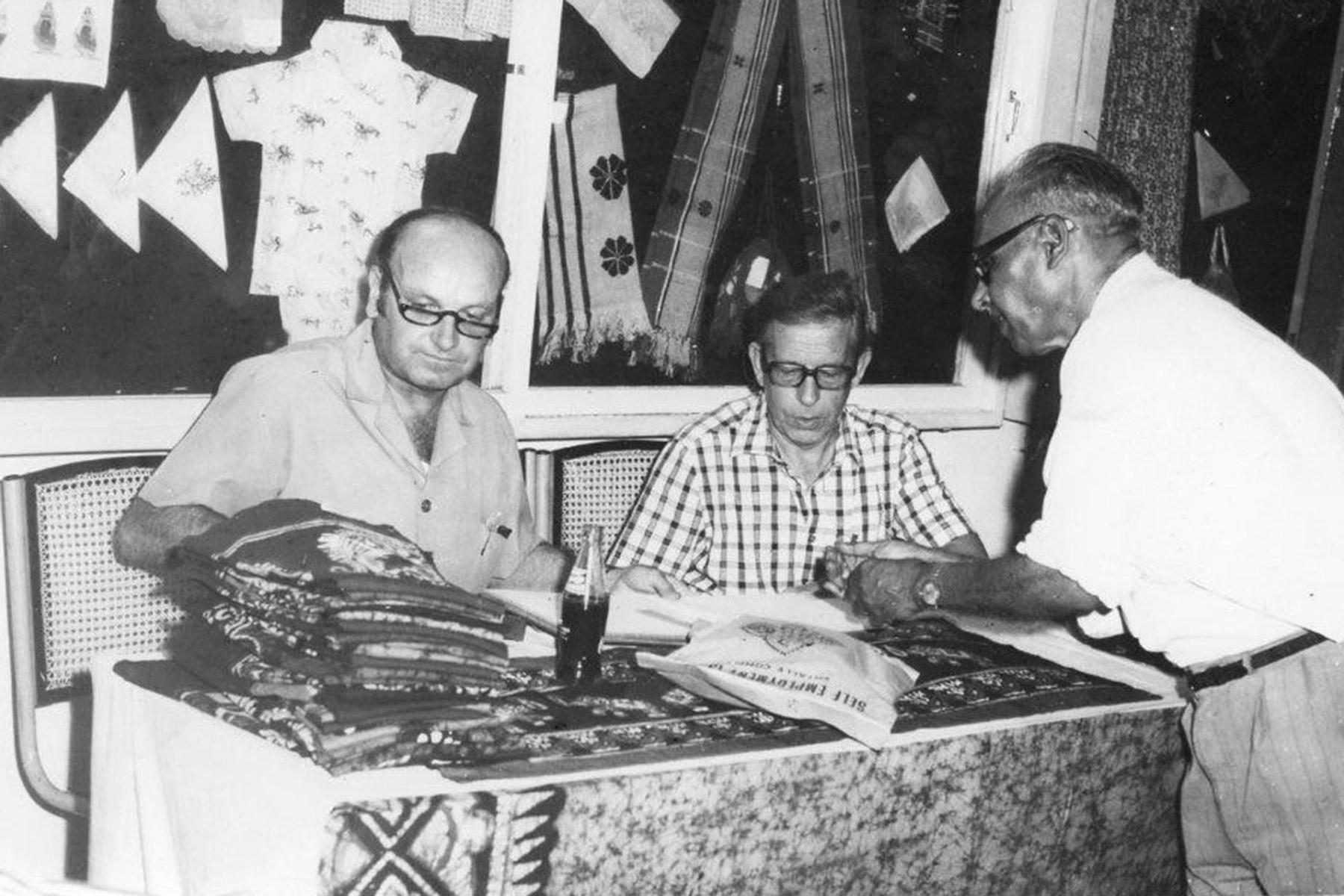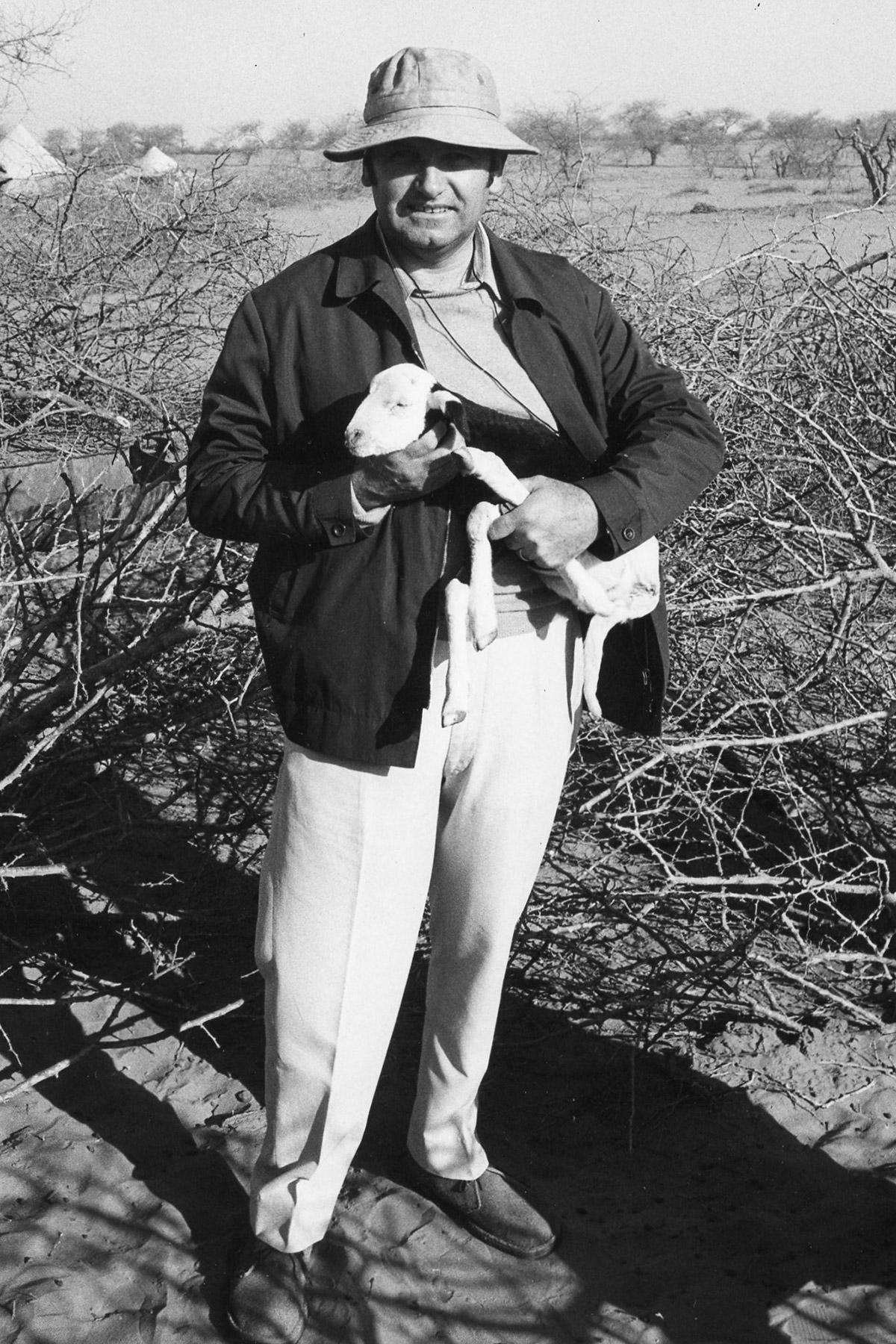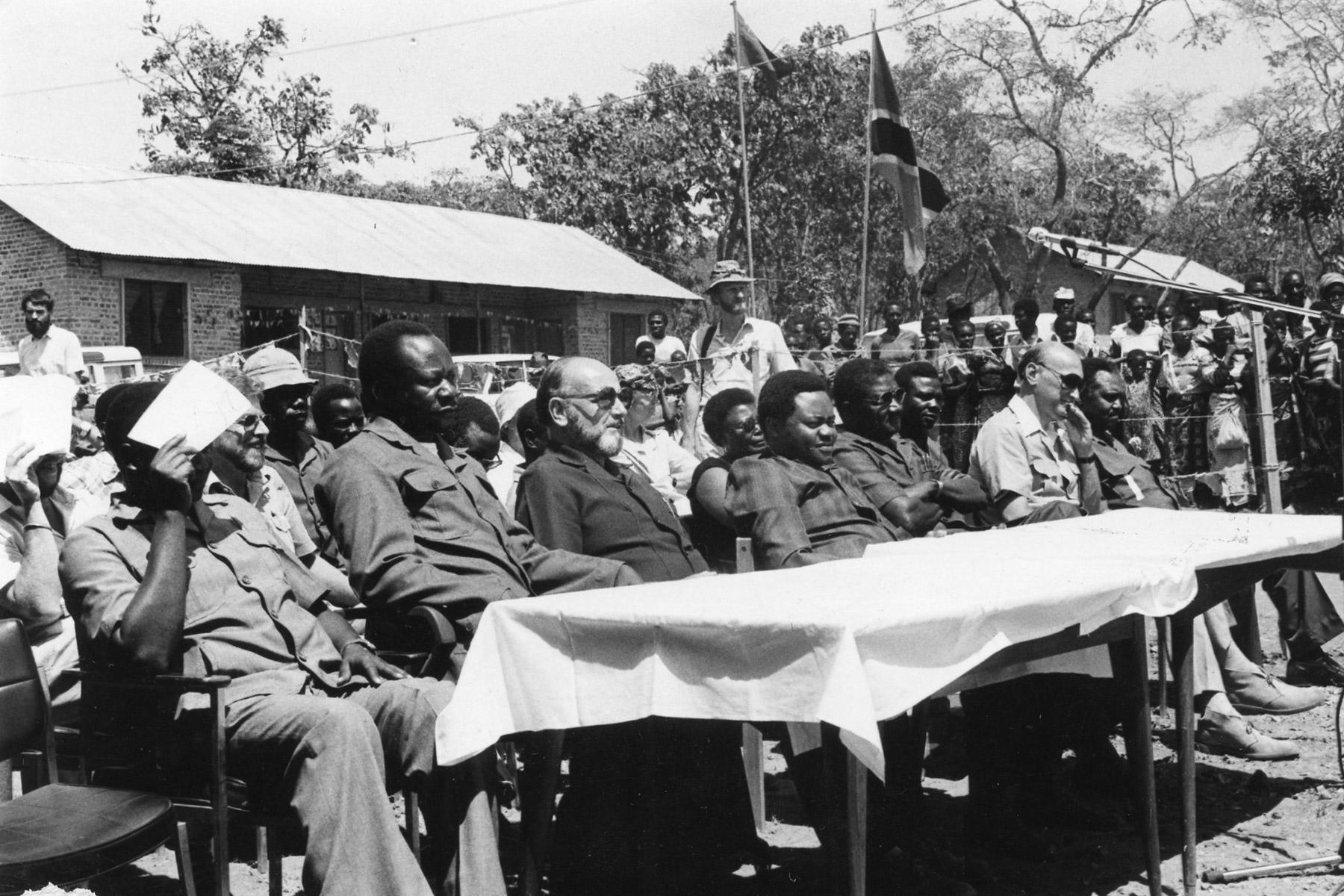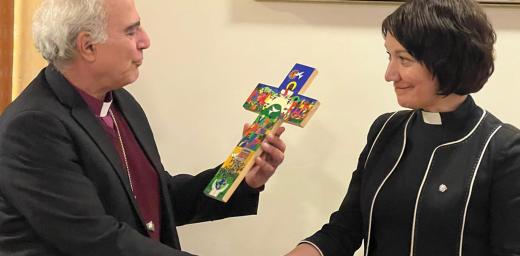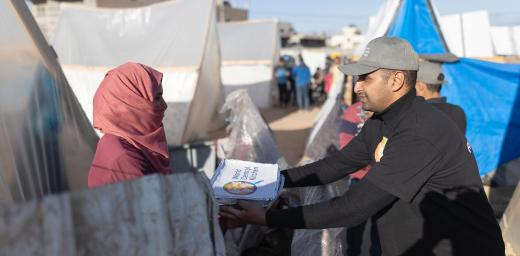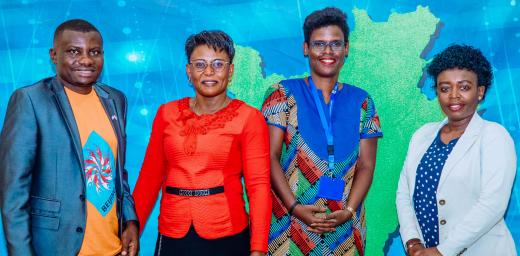Brian Neldner, former LWF World Service Director, turns 90
(LWI) - From refugee resettlement in a small Australian town, to one of the biggest ecumenical refugee operations: Brian Neldner, former Director of LWF World Service, shaped the LWF’s humanitarian and development work for four decades.
Lutheran World Information met with Neldner to look back at his years of service. The room where he is could also be an LWF field office: Shelves with folders can be seen in the background, like wallpaper, the desk is full of papers. Neldner is writing his memoirs and only recently learned to conduct video interviews over Skype. "I am just a little bit slower,” he says smiling. During the conversation, he effortlessly remembers details, places and names, from Baglung, Nepal, to Tanzania, the Mauritanian desert and Dresden, Germany.


